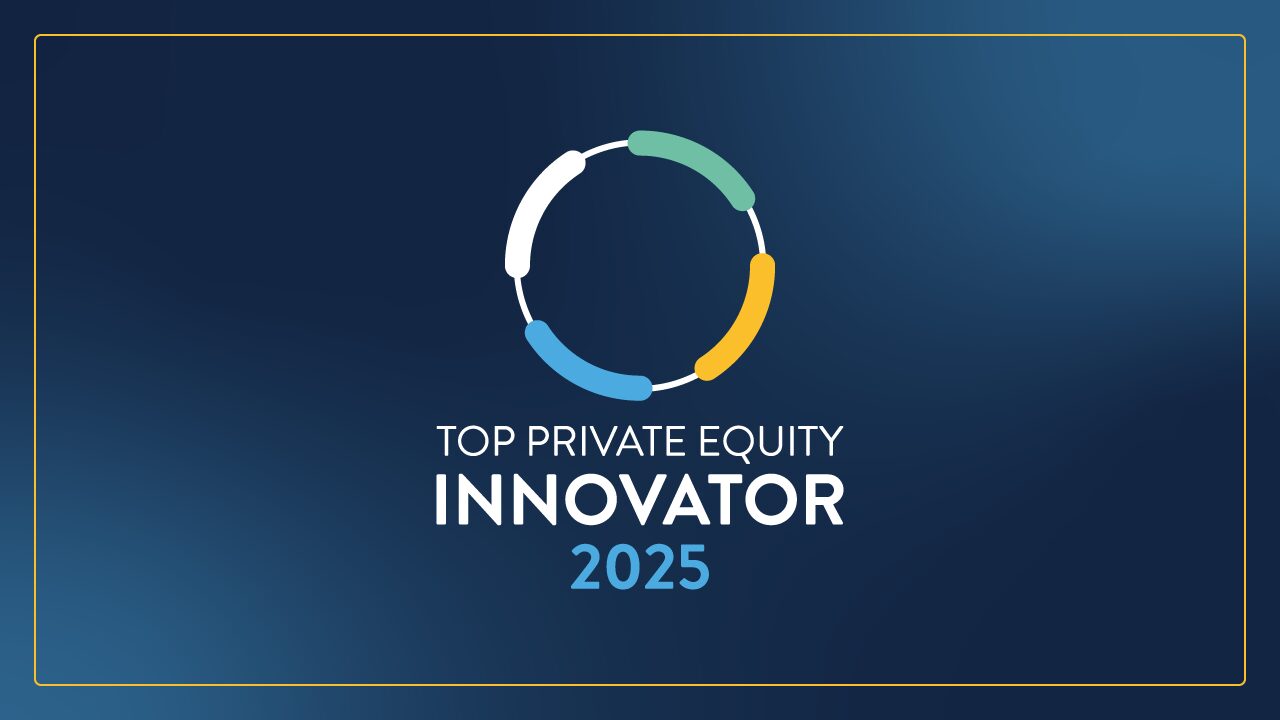Ryan Sprott and Paul Maxwell aren’t your typical brothers-in-law. Instead of solely cavorting during family vacations, holiday meals, and the occasional couples trips, they went all in and founded a company together. After working in New York’s private equity industry for nearly two decades, the two entrepreneurs moved their families back to Kansas City to launch Great Range Capital in 2010. Their mission: to serve the neglected but vital demographic of Heartland family- and founder-owned companies. In 2011, they signed their first deal.
“We have a unique combination of institutional-grade experience and Midwest values—basics we learned from our parents, teachers, and coaches,” says Sprott. “We see our investments as long-term partnerships with people who share these values, are community-oriented, and whose businesses are integral job-creators in the cities and regions where they operate.”
In other words, Great Range Capital is fueling the classic American Dream writ large. I sat down with Sprott to get his take on the Midwestern difference, the challenges of due diligence, and what excites him most about investing in oft-overlooked Heartland companies.
Sean Mooney: What is your investment thesis and main area of focus in terms of investment types?
Ryan Sprott: We are mainly focused on buying family companies, typically 3M to 15M in EBITDA, that have never been through an acquisition. We usually look for companies and sellers that value intangibles like a deep desire to embrace culture or family legacy, do right by the small town, and maintain the loyal customer base. In other words, Great Range can bring institutional PE and operating experience, but we’re always looking at the people behind the companies—the ones who make those companies exceptional—not just the market opportunity.
In terms of investment types, we cast a wide net. But due to our geographic location, we are well-positioned to pursue deals in manufacturing, transportation, business and industrial services, food and beverage, and essential consumer goods.
SM: What is the most challenging aspect of the due diligence process when vetting a potential purchase?
RS: Validating the people is always the hardest part because it’s difficult to really understand someone’s motivation, capabilities, and modus operandi through limited interaction or merely through references. It’s often hard to know if someone has high integrity until you really get to know them and spend significant time with them and their teams. And there are certainly challenges to predicting if or how someone will change once they have money in their pocket. Gratefully, for the deals we do in the lower to middle market, we have more time to get to know the founders prior to investing.
Additionally, because we aren’t looking at deals where a wealth of industry analyses exist, understanding the market dynamics, opportunities, and threats, poses another challenge. This is when we call BluWave. You help us find experts who can do a deep dive and develop a plan to execute afterward. Whenever we hit a roadblock and can’t figure out a solution, BluWave is often our first line of defense—not only for diligence, but also for IT, implementation plans, finding great industry executives, and connecting with specific industry resources.
SM: Is there one overriding success story (in terms of one of your investments) since the inception of Great Range Capital? If so, what did that look like?
RS: True to our Midwest focus, our biggest “win” to date is the aptly named HeartLand, a commercial landscaping company that did its first acquisition in Kansas City. Like most of our success stories, having great people is the key. HeartLand continues to be led by great executives who are passionate about the industry, have a vision for the business, and are committed to doing things the right way.
Through the course of our ownership, we did a total of nine acquisitions and partnered with outstanding leaders who were laser-focused on culture and exemplary customer service. We invested heavily in business development early on. This led to high organic growth and enabled HeartLand to create tremendous value very quickly. People are central to the success of any services-based business, so in prioritizing that aspect and building on HeartLand’s solid reputation, the returns were outsized.
SM: What are some of the key characteristics of Midwest companies versus other parts of the country?
RS: While the business models themselves don’t vary from the coasts, per se, the core characteristics of the businesses can be different. Broadly speaking, the Midwest values of loyalty, transparency, and hard work ring true. There isn’t a lot of “fluff.” Company owners have a tendency to focus intensely on their people—both internally (employees) and externally (customers). We notice that most of these founders are looking to find the win-win, rather than win-lose. They want their families and communities to benefit from their success. A majority of the time the companies we invest in are integral job creators in their cities and towns, so it feels more like a “rising tide lifts all ships” scenario than “winner takes all.”
SM: You’ve said that private equity is a core part of fueling the American entrepreneurial dream. What do you mean by that?
RS: Many of GRC’s portfolio companies were bootstrapped through sheer grit and their knowledge of a very specific industry, product, or service. Sometimes as companies get larger they stop taking the risks that fueled their growth, their leaders get consumed by the relentless daily demands of running a company, or they get comfortable with the income being “good enough.” But when private equity investors come into the picture and provide capital and strategic support, the leaders can once again focus on taking risks and innovating—partly due to the liquidity provided to the owners who may have had most of their wealth tied up in the business. As a PE fund, we’re investing in new territories, new people, and new channels. All of these investments ideally lead to higher growth, more jobs, and more equity for everyone.
SM: In your opinion, what makes a great leader?
RS: I’m a big fan of leadership by example—treating people fairly, communicating openly, and being willing to do the hard work and roll up your sleeves. That’s probably table stakes for a high-growth company. But someone who can set a clear vision for where a company should go and then execute on it while getting everyone to buy in—that’s the sign of an excellent leader.
SM: Ok, I have one last, very important question: Is the BBQ in Kansas City really that good?
RS: Transparently, loyally, and no BS (because that’s how we do things around here) … YES. It really is!


